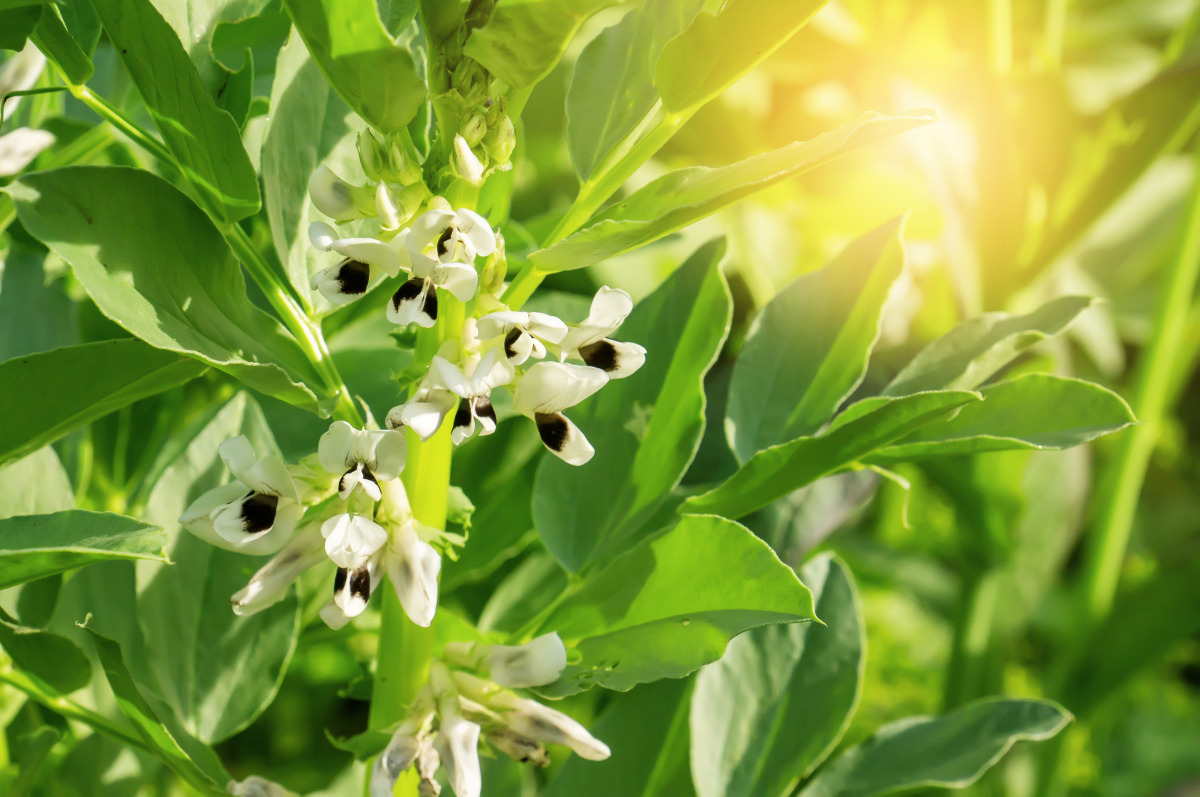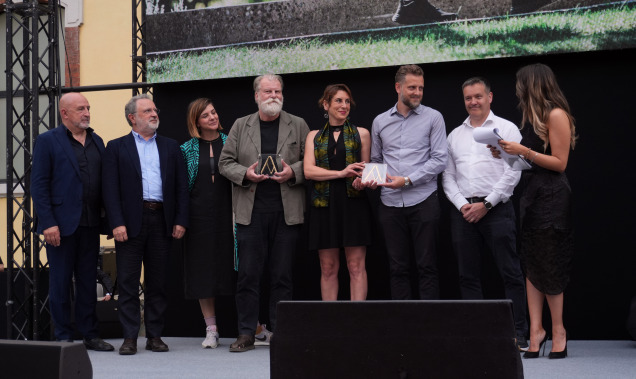OnFoods: the ProLegOmen project
OnFoods: the ProLegOmen project
Promoting the consumption of legumes as a preferable alternative to animal-derived products.
We are very glad to announce that, together with our partners, we are onboard with the OnFoods program, a research and innovation network for sustainable food and nutrition funded under the National Recovery and Resilience Plan (NRRP), Mission 4 Component 2 Investment 1.3, Theme 10.
OnFoods involves around 600 people, including professors, researchers, executives, and employees from top companies in the Italian agri-food sector.
With our Food Lab, under the guidance of our Food Specialist, Federico Casotto, we will participate in the ProLegOmen project: an extensive study and R&D activity aimed at promoting the consumption of legumes as a preferable alternative to animal-derived products.
ProLegOmen’s partners aim to create a protein and postbiotic product based on fermented legumes that can be offered as a healthy, sustainable, and appealing option for the same consumption occasions as spreadable cheese, yogurt, or nutritious beverages.
ProLegOmen is one of the activities included in the OnFoods Spoke 6 Tackling Malnutrition focused on developing nutritional strategies targeting the most vulnerable categories of the national population (i.e., families in the condition of financial hardship, people affected by pathologies, or older people).
The Challenge
The challenge we aim to tackle is crucial: shifting the perception of legumes, which are a sustainable source of protein but are not considered attractive and presenting them in new forms that provide a rich, satisfying experience in line with consumers’ lifestyles.
Encouraging people to increase their consumption of legumes at the expense of animal-based foods is a way to reduce the negative impact of the food system on the planet and address malnutrition from both excess and deficiency in our society, including vulnerable categories such as seniors.
To achieve this, we decided to explore the fermentation of legumes such as fava beans, chickpeas, cicerchia, lentils, and cannellini beans to develop a range of postbiotic functional products with organoleptic properties similar to those of dairy products, while keeping them minimally processed with a very short label.
The activities
Promoting the consumption of legumes as a preferable alternative to animal-derived products has positive impacts relative to all six DNSH criteria of the PNRR:
Climate change mitigation: The carbon footprint of cultivating legumes as a protein source is significantly smaller than of animal farming. Additionally, when integrated into crop rotation following the principles of regenerative agriculture, legumes can substantially decrease the reliance on chemical fertilizers, which heavily depend on fossil fuels. Legumes enhance soil quality, reduce the need for nitrogen fertilizers, and improve crop production and disease resistance.
Climate change adaptation: Most legume varieties show great resistance to water stress and can adapt to drought scenarios.
Sustainable use and protection of water and marine resources: According to several studies the water footprint of proteins from legumes is considerably lower than that from animals and nuts.
Transition to the circular economy, including waste prevention and recycling: Due to their protein content, all by-products from cultivating and processing legumes, such as pea pods and bean husks, are valuable protein sources in livestock feed.
Prevention and reduction of air, water, and soil pollution: Reducing the need for chemical fertilizers reduces the risk of groundwater pollution.
Protection and restoration of biodiversity and health of ecosystems: According to EU-funded research, “legume cultivation has been associated with diversification of crop rotations, which can break pest and disease cycles, improved soil quality, and support for pollinating insects.”
The partners
Università Politecnica delle Marche: The frontrunner of this project, part of OnFoods Spoke 6 Tackling Malnutrition, and the main referent for aspects concerning nutritional, biochemical, molecular, and cellular mechanisms that regulate the human body in its relations with food.
Delta Team: A food technology micro-consultancy with about 20 years of history, offering services to the food industry, including product and process development, selection of raw materials for new products, and realization of food and packaging innovation projects.
Trusticert: A small consultancy providing companies with regulatory support for the compliance of food, cosmetics, and innovative products. TCT will provide regulatory and legal assessments of product health and sustainability claims for packaging and other channels and will design a system to certify and share some sustainability claims linked to the production process through blockchain technology.
Design Group Italia: our Food LAB and Brand Strategy department will take a leading role in identify opportunities, defining the product proposition and building the new brand under which the product could be marketed.







